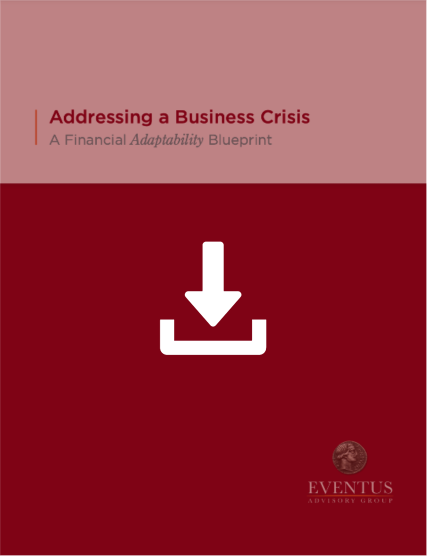
A CFO is an ever-evolving role. The biggest differences between a CFO and other finance and accounting roles include the breadth of responsibility, multiple constituents and viewing the organization holistically. Due to the complexity of the role, it is tempting to require previous CFO experience when hiring for a CFO. However, there are many cases where a first-time CFO makes sense, and you can open up your search to many qualified, and possibly more affordable, candidates.
While the CFO is the head of all of finance and accounting, he or she doesn’t need to have experience or domain expertise in all of the roles. If the company has a strong team under the CFO, or the specific function is not complicated, specific expertise may not be necessary. Certain needs of the company could also outweigh others, and the candidate’s domain expertise might cover the majority of the CFO need without them previously holding the title.
Depending on the company’s needs, some CFO roles are heavy controllers with some budgeting and planning. If finance needs are more operational and less strategic, an experienced controller could be a viable candidate. Sometimes audit partners or other senior auditors at public accounting firms are also considered for accounting-heavy CFO roles. Alternatively, if the company has a strong controller and accounting team, the CFO candidate might not need much accounting experience.
If analytics and long-term planning are necessary, and the rest of the finance and accounting team is strong, a head of FP&A (financial planning and analysis) could make a good candidate. If a heavy hand in strategy is needed, a former management consultant with a finance background could also be a good candidate. The major issue with hiring someone with only a strategy or planning background is that the “nuts and bolts” of finance might not get the attention they need. A strong controller and financial operations group can mitigate this risk.

Looking for help with your financial management? Eventus Advisory Group has the answers. Unlock our Financial Adaptability Blueprint Whitepaper.
The stage of the company and type and source of funds will dictate the necessary experience. For many debt offerings, prior fundraising experience isn’t necessary. The more a loan is collateralized with a hard asset or working capital, the more the lender is going to concentrate on asset quality. Strong financial operations and accounting come in handy with asset-based lending. A good controller might make a great candidate in this position. If the loan is cash-flow based, a planning and analysis skill set is valuable.
For earlier stage companies raising equity, the majority of the burden is on the founder and executive team, not the finance team. In my experience, many early-stage firms don’t even consider hiring a CFO until after raising a Series A round. If you are an early-stage company pre-Series A, and are looking for a CFO, prior experience is not as important.
Later stage venture capital raises as well as private equity raises require more sophistication from your CFO. Investment banking, venture capital or private equity experience is a good proxy for a CFO who has fundraising experience. However, just like a strategy- or planning-heavy candidate, nonprevious CFO candidates are the most effective if there is a preexisting strong accounting and financial operation, especially a skilled controller.
Treasury and tax are two of the least common backgrounds in a first-time CFO. If a company is big enough to need a dedicated treasurer and tax department, it probably needs an experienced CFO.
The outside scrutiny of public companies and level of complexity of their finance and accounting needs are far greater than their private company counterparts. However, there is only a finite supply of people with public-company CFO experience. Public-company CFO candidates are typically private-company CFOs, or senior finance leaders of public companies, such as divisional CFOs or possibly public-company controllers or heads of FP&A, depending on the needs of the public company. For these roles, public company experience can be more important than the actual CFO title.
Taking a company public requires a specialized skill set. If you have a good banking and attorney team, your CFO doesn’t necessarily need direct IPO experience. Having public company experience is very valuable in these situations because the CFO can start preparing the private company for its public company journey (e.g., ensuring proper controls, timely close and adequate corporate governance).
Companies also have the option of hiring internally into the CFO role. This can be a good strategy as long as the company is stable and doesn’t require an outsider’s perspective. In a stable company, the internal candidate can rely on his or her knowledge of the company and deep relationships to cover for any direct inexperience. Divisional CFOs and corporate controllers are usually the most common internal candidates.
CFOs require an array of skills so it is difficult to find a candidate with the “wish list” of experiences. Not all CFOs are equal, and not all CFO roles require prior CFO experience. You can open up your candidate pool by homing in on the most important set of skills and experiences.